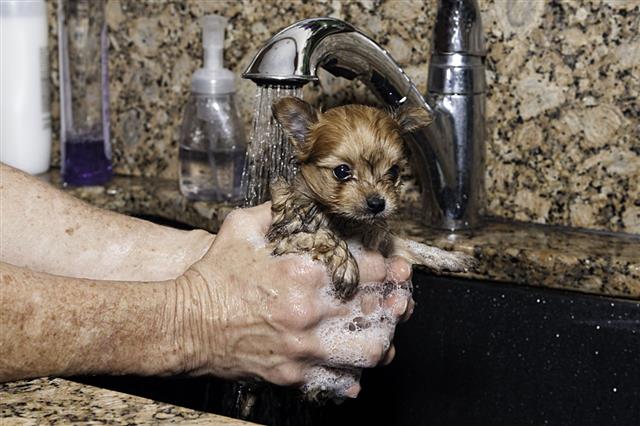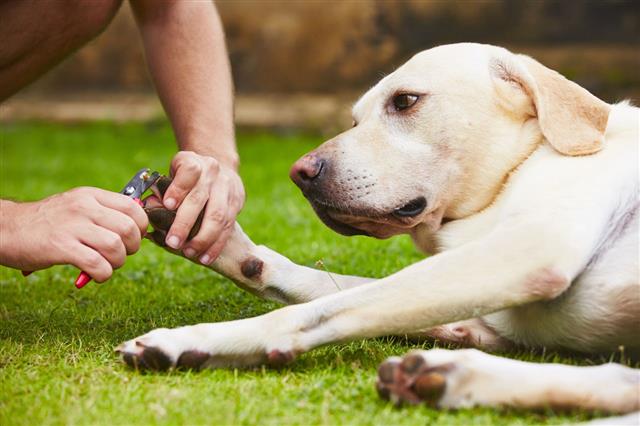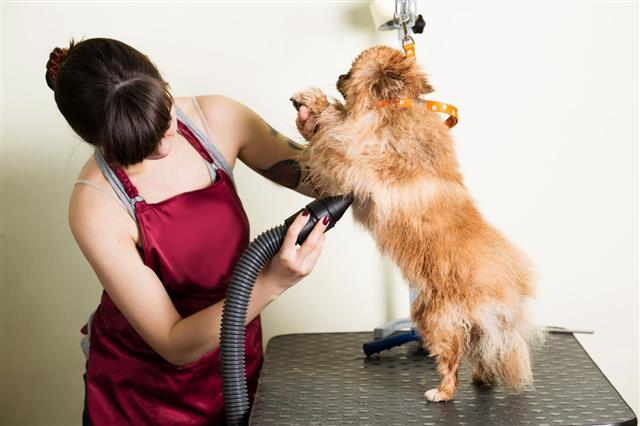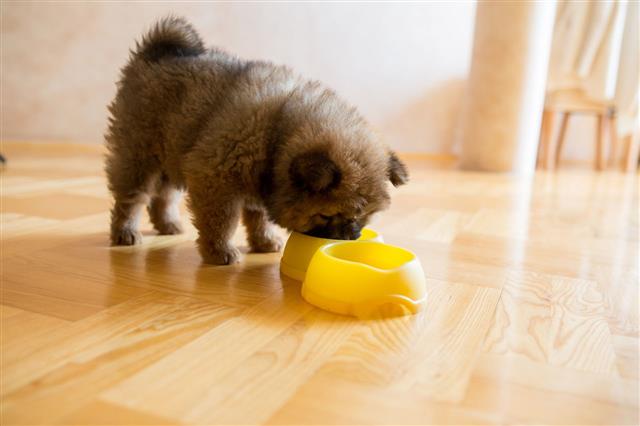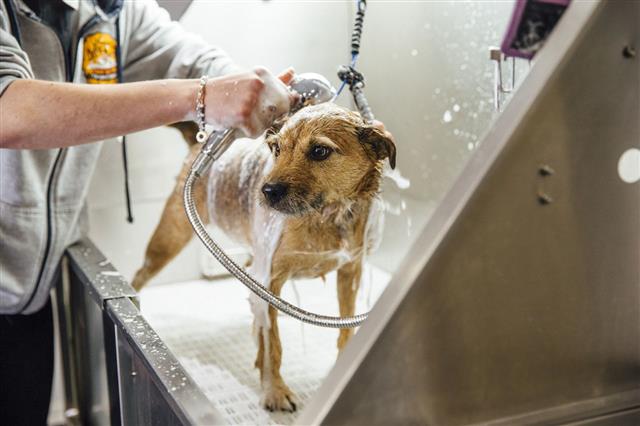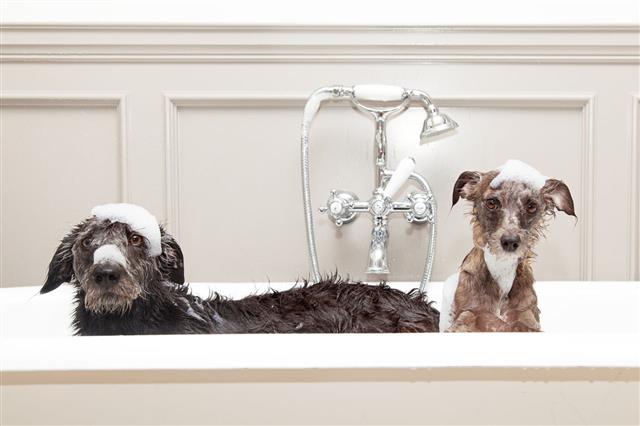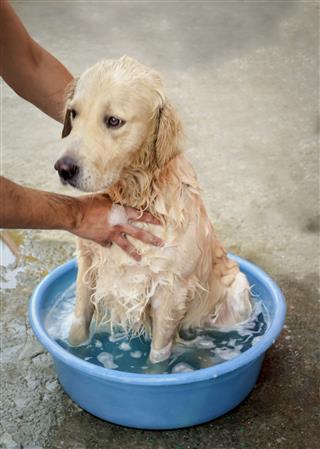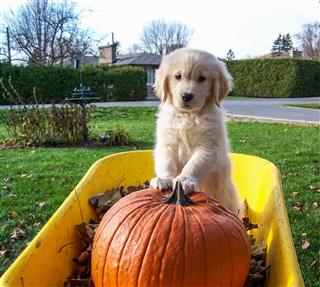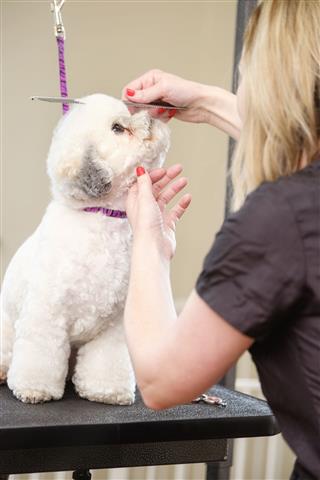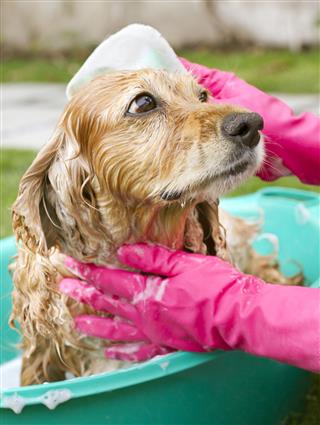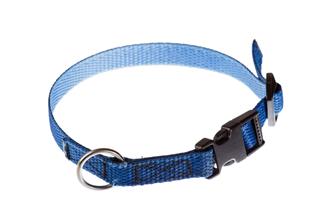
It is very common for dogs to get infected with worms and is nothing to be alarmed about. However, such an infection must be treated as soon as possible, so that it does not cause further harm to your pet’s heath. Being aware of how to get rid of worms in your dog can save both of you from a lot of distress.
If given the chance, pet dogs will eat whatever they can lay their paws on. You will find them poking into the garbage, chewing on shoes, and trying to eat muck from the sidewalk. No wonder, these furry pets get infected with worms. The types of worm that affect dogs are: roundworm, tapeworm, heartworm, hookworm, and whipworm.
Unfortunately, it’s very hard to pin the cause of every illness on worms, unless these nasty parasites are actually found in the dog’s stool. Some worms such as the roundworm and tapeworm, are visible to the naked eye. For example, roundworms look like strings of spaghetti, while its eggs look similar to grains of rice. Following are some of the steps that must be taken to get rid of worms in dogs:
Veterinary Examination
The first step is to get your dog checked by the veterinarian. A stool sample will be screened for traces of worms and eggs. Once the type of worm is diagnosed, a one week course of anthelmintic or dewormer medicines shall be prescribed. It is very important to complete the entire course and follow the instruction of the veterinarian. Deworming your pet through prescribed medication is the safest and surest way of getting rid of worms, and preventing them from causing further damage. It is ill-advised to give your dog over-the-counter medicines without consulting the veterinarian. Dogs infected with heartworm do not show significant symptoms until considerable damage has occurred. Therefore, puppies must be screened for heartworm when they are two weeks old and adult dogs must be checked annually.
Deworming Puppies
Puppies usually get infected with worms while in the womb and from the mother’s milk. Secondly, an underdeveloped immune system makes puppies more susceptible to such infections. When it comes to puppies, a broad spectrum of medicines might be required in order to deal with various types of worms. A newborn puppy must be dewormed as soon as it is 2 weeks old and the treatment must be repeated when the puppy is 4, 6, and 8 weeks old. This series of treatment will ensure that pet’s system remains free of worms for the next six months. Thereafter, the puppy will need to be dewormed twice a year.
Ways to Prevent Worm Infection
- Dipylidium caninum is a tapeworm species that is carried by fleas and thereafter passed onto dogs and cats through ingestion. Ensure that the dog’s coat is free of all types of flea, as swallowing the flea or its eggs will lead to such an infection.
- Make your dog wear a flea collar so as to minimize external infestation.
- The kennel and crate must be cleaned as often as possible to minimize the chances of a relapse.
- The dog’s coat must be washed with medicated shampoo in order to kill any remaining eggs and fleas.
- The pet must not be fed raw or undercooked meat or eggs.
- The pet must not be allowed to eat dirt off the streets or come in contact with stray animals or unkempt dogs.
- All the mats and rugs used by the dog must be disinfected by washing them in hot water.
- Examine the coat, ears, and anal area of your pet while giving it a bath and clean the area thoroughly.
- Check for other telltale signs, such as potbelly, excess shedding, loss of appetite, vomiting and upset stomach, foul odor or discharge from the rectum, excessive scratching or licking the affected area, or rubbing the rear or scooting on the ground.
- Dispose the pet’s feces with utmost care and never let the dog come in contact with its own feces or of other animals.
- Stress and disease can also trigger dormant worms to reactivate. Therefore, in case the dog is aging or is suffering from other health conditions, you may feed it vitamins and supplements to boost its immunity.
Natural Remedies
It is of utmost importance to consult a veterinarian before feeding your pet any herbs and naturally occurring products. Some natural products can be used along with prescribed medication and are recommended by veterinarians. Here are some natural remedies that are usually used for getting rid of worms in dogs.
Pumpkin Seeds
Pumpkin seeds contain cucurbitacin, which is a naturally occurring steroid that makes worms inactive for a while. These worms are then gradually removed through the feces. The dog must be fed a teaspoonful of crushed pumpkin seeds twice a day. Ensure that the hull is not discarded and crushed along with the seeds.
Wheat Germ
Wheat germ can be fed to dogs, either alone or along with pumpkin seeds. These seeds also induce bowel movements, therefore, refrain from feeding wheat germ to your dog if it’s already suffering from an upset stomach.
Bran
Bran contains phytic acids, which prevent worms and other parasites from absorbing nutrients from its host. It also has laxative properties which will help clear the pet’s bowel. The dog mus be fed a teaspoonful of soaked bran twice a day.
Clove
Clove can be fed to dog in the form of oil or as a powder. This herb also acts as a painkiller and will help reduce the itching caused by worms. Mix a teaspoonful of clove oil or powder along with the pet’s grub. This herb must be fed once a day.
Wormwood Oil
Food grade wormwood oil is known for its property to kill parasites and bacterial infections. This oil helps kill worms as well and must be fed in small doses. Pour 2-3 drops of this oil into the pet’s meal and feed once a day. You may add carrots and parsley to make the grub more effective and palatable for your dog.
Diatomaceous Earth
Food grade diatomaceous earth is well-known as an effective dewormer or anthelmintic. Add half a teaspoonful of diatomaceous earth to your dog’s food and restrict to one dose a day.
It is better to consult a veterinarian before giving your dog any medicines or herbs. From here onwards, in order to be free of worms, you must ensure that your dog is checked annually by the veterinarian, is fed the right type of food, and made to live under hygienic conditions.
Disclaimer: This article is for informative purposes only and should not be considered as a substitute for the advice of a veterinarian.

